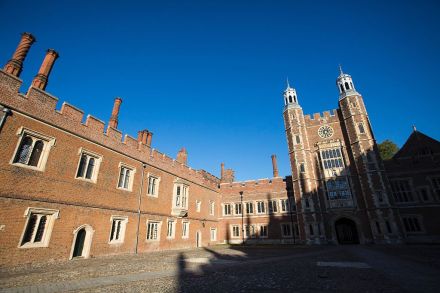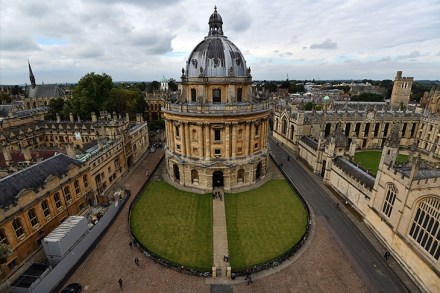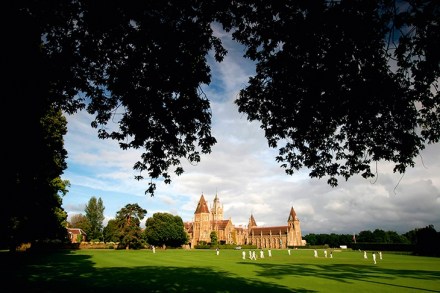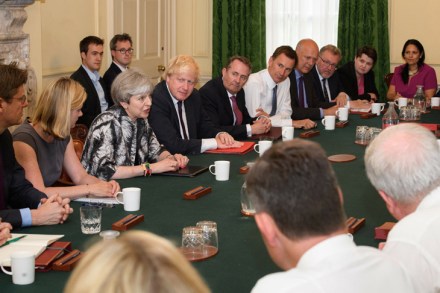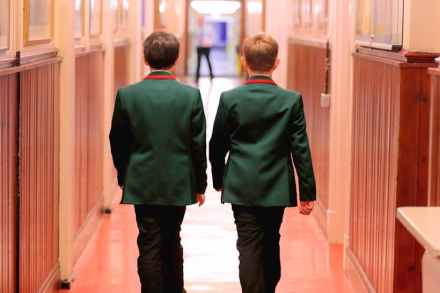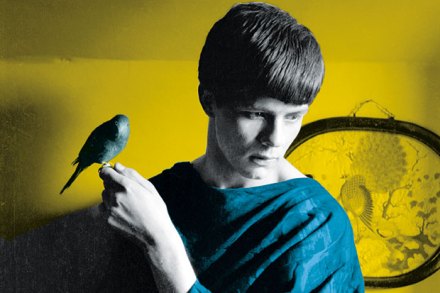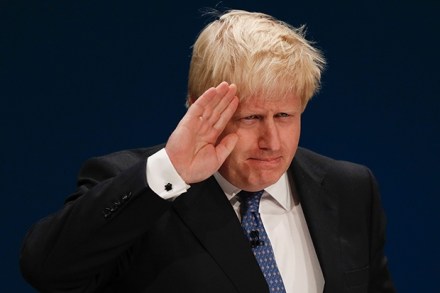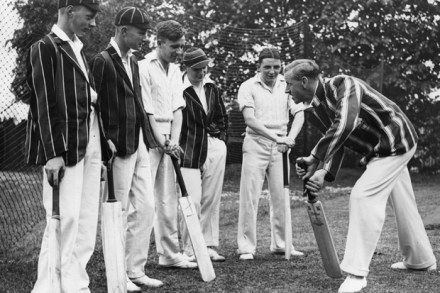#AbolishEton is the perfect advert for private school
Until half past eight yesterday morning I was a little concerned for the future of private schools. They haven’t helped themselves by offering only a premium product, replete with Olympic-sized swimming pools, drama centres and other fripperies – ignoring demand from parents who could afford £5000 a year. Moreover, some state schools have improved hugely in recent years, undermining the case for sending your kids private. But then I heard Holly Rigby, co-ordinator for a movement called Labour Against Private Schools – or #AbolishEton, as it tags itself on Twitter – on the Today programme. Independent schools could not have hoped for a better recruiting sergeant. As well as being a
